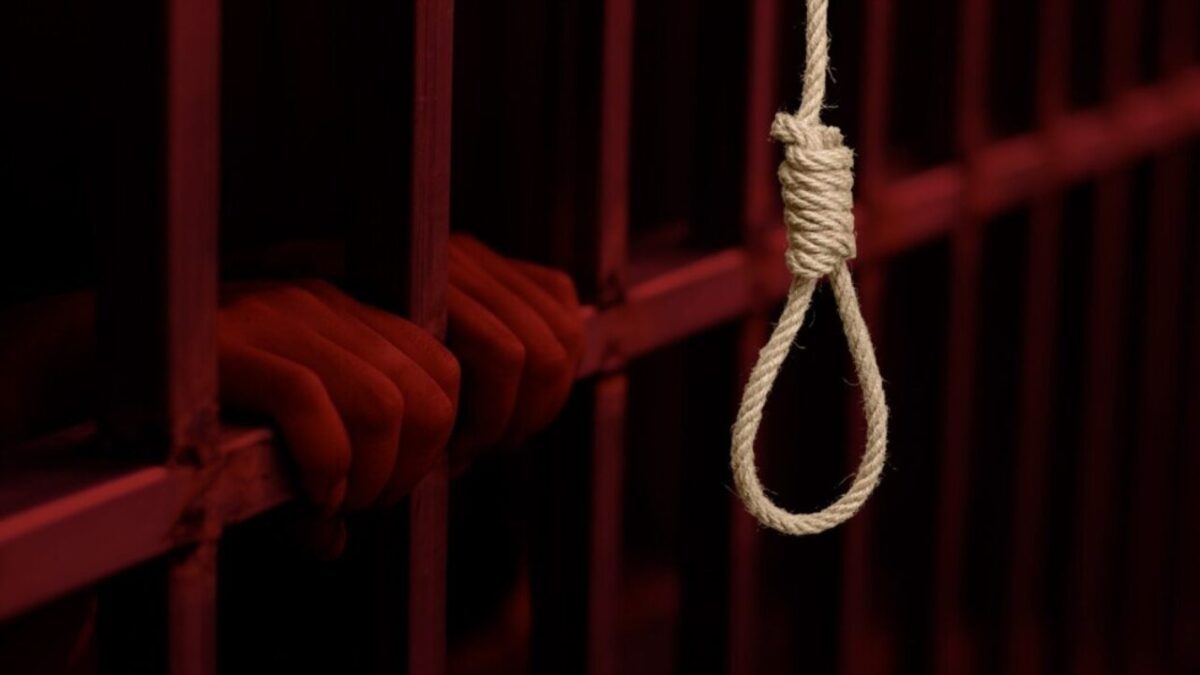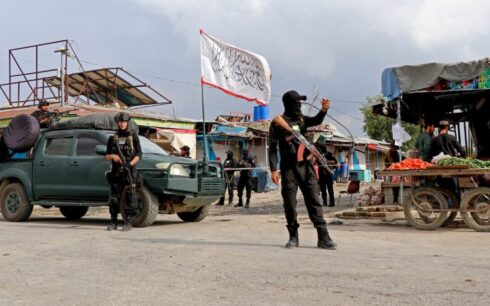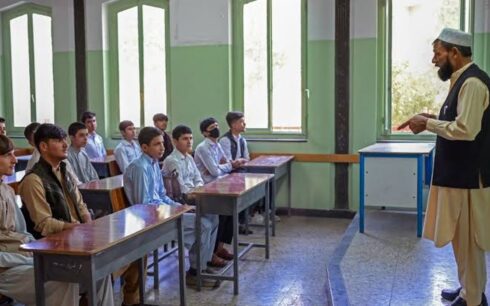As the world observes the World Day Against the Death Penalty on October 10, reports indicate that hundreds of inmates in Taliban-controlled prisons in Afghanistan are awaiting execution. The Taliban’s prison administration has confirmed that between 1,000 and 1,100 inmates are awaiting the implementation of execution or Qisas (retribution) sentences.
This year, the International Federation for Human Rights (FIDH) and the World Coalition Against the Death Penalty are emphasizing that capital punishment does not enhance public safety. “One of the most persistent myths surrounding the death penalty is that it can have a deterrent effect, perpetuating the false idea that individuals will refrain from committing a criminal act should they face capital punishment,” the organizations said in a joint statement. According to FIDH, capital punishment is not only ineffective but also violates international human rights standards.
In Afghanistan, the Taliban has enforced the death penalty as a part of its judicial system since regaining control in 2021. In a recent interview, the Taliban’s deputy head of prison administration reiterated that a substantial number of prisoners are awaiting execution under the group’s strict interpretation of Islamic law. However, some scholars, including Waliullah Labib, argue that the conditions under Islamic law for implementing executions are so stringent that they are rarely met. “In today’s era, I don’t think even ten percent of the actual Islamic criteria are fulfilled,” Labib said.
In neighboring Iran, Afghan citizens are also facing the death penalty at an increasing rate. According to Hengaw Human Rights Organization, Iran has executed 77 Afghan nationals over the past two years, with 28 executed in 2023 and another 49 in 2024. Human rights advocates have criticized Iran’s use of the death penalty, particularly against Afghan migrants. Human rights activist Fazela Soroush condemned Iran’s actions, stating, “The Iranian government has been violating human rights for years, showing no mercy to its own people or to the people of Afghanistan.”
Globally, the death penalty remains in force in over 55 countries, despite widespread condemnation from human rights organizations. The World Coalition Against the Death Penalty and FIDH stress that capital punishment is unjust, inhumane, and incompatible with international standards. As the Taliban, Iran, and other governments continue to implement the death penalty, activists are urging for a re-examination of the practice, emphasizing that true justice and public safety cannot be achieved through executions.





